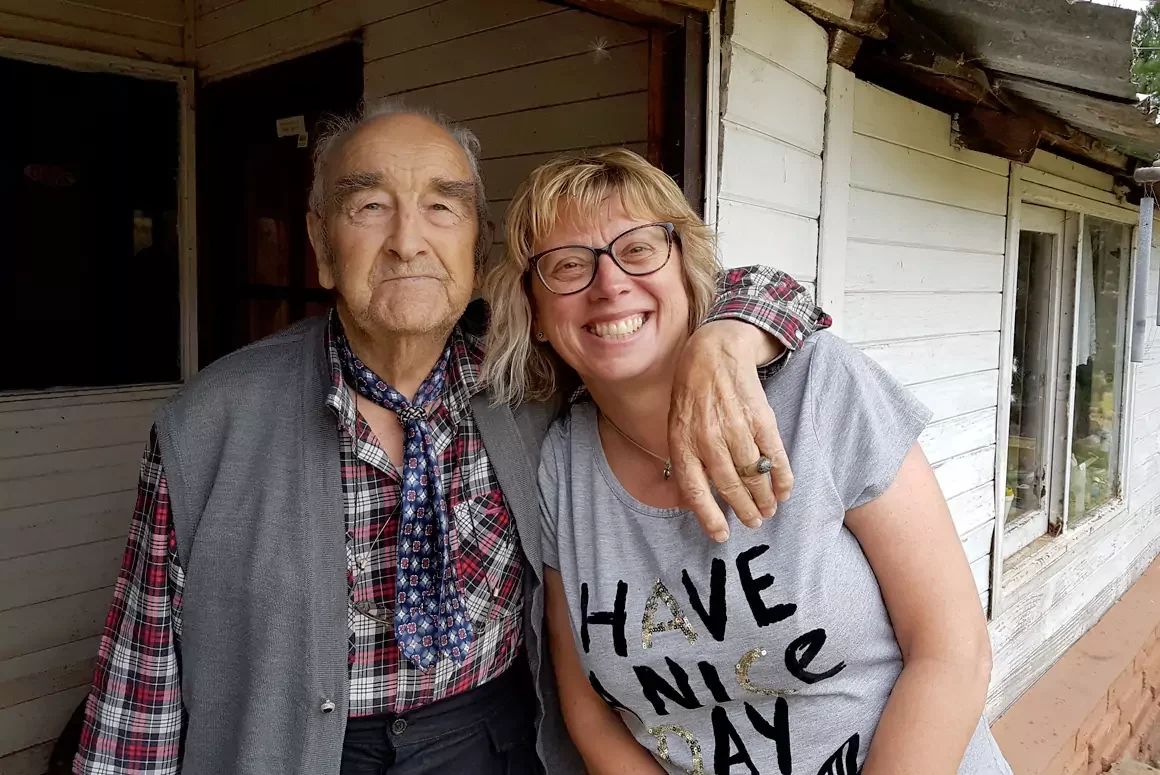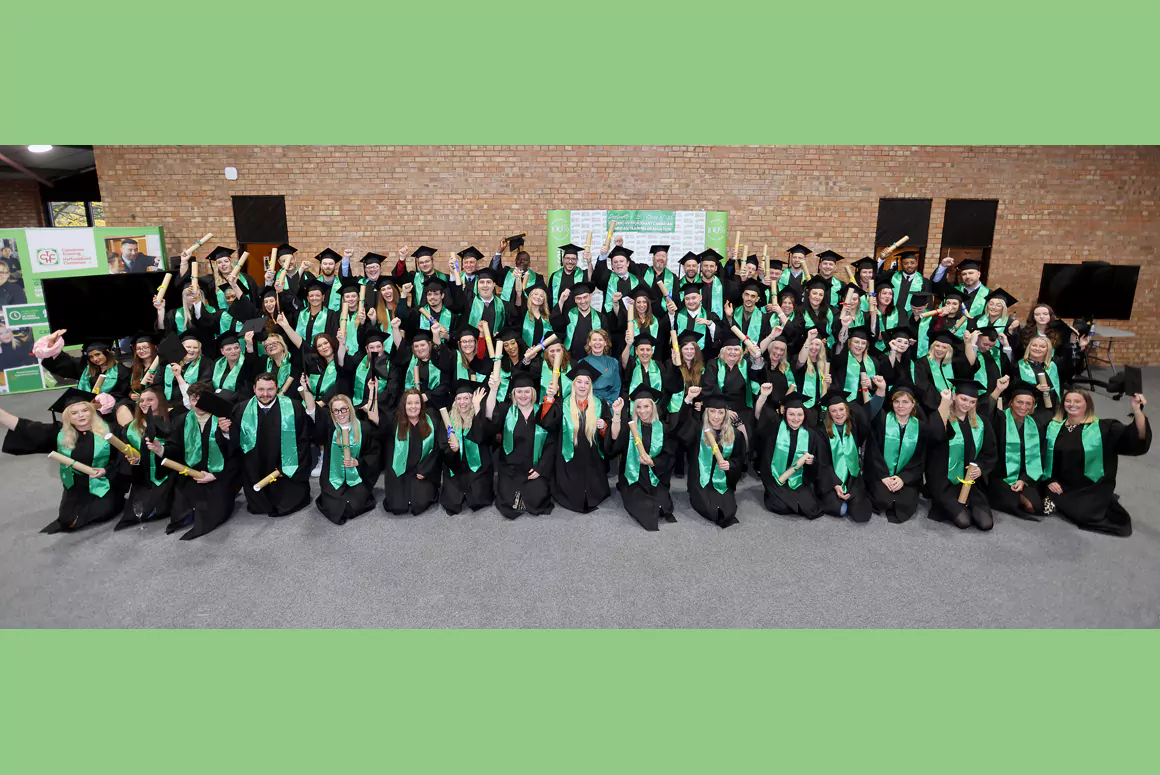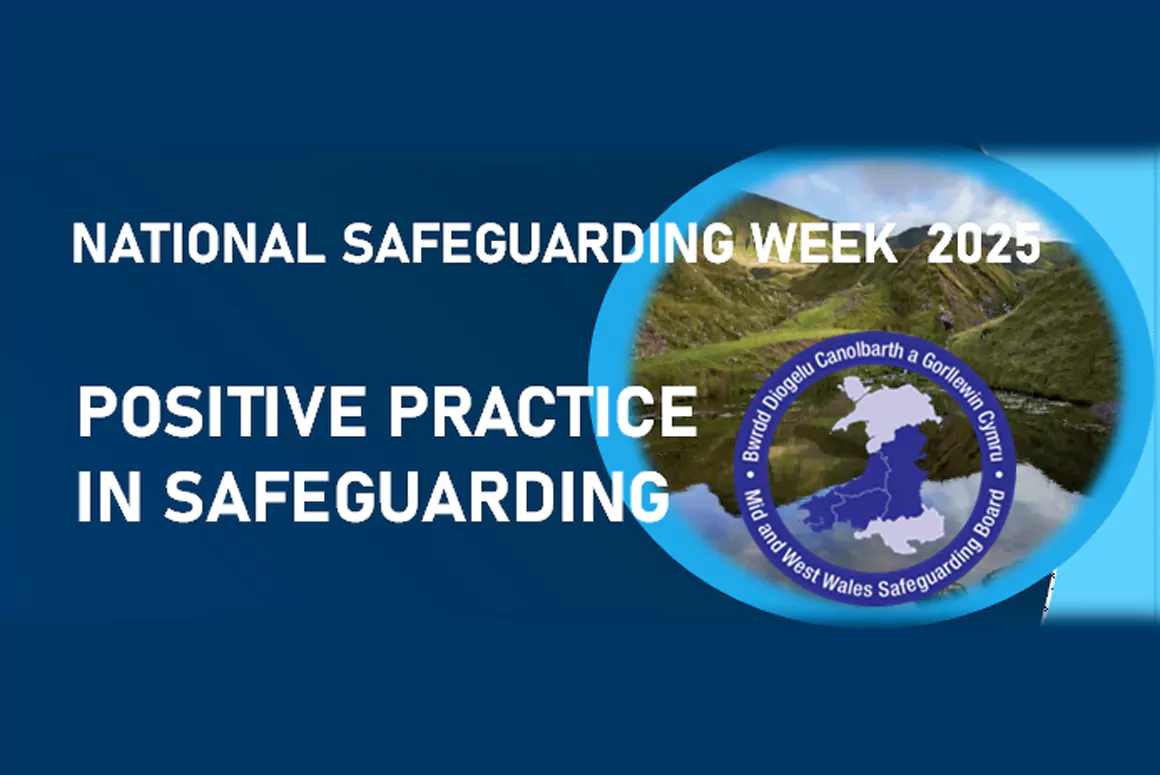A Welsh teacher from Abermorddu, near Wrexham, is to be honoured at the National Eisteddfod next month for her extraordinary work preserving and promoting the Welsh language in Patagonia, Argentina.
Clare Vaughan will be inducted into the Gorsedd of Bards in recognition of her decades-long contributions to Welsh culture and language overseas.
Beginning her career as a secondary school teacher in North Wales, Clare has spent over 20 years in Patagonia, primarily serving as project coordinator for the British Council’s Welsh Language Project. Through her work, she has helped hundreds of people reconnect with Welsh, ensuring the language thrives thousands of miles from home.
Established in 1997, the Welsh Language Project sends teachers from Wales each year to the Y Wladfa – the Welsh settlements in Patagonia – to spend ten months teaching in the towns of Trelew, Trevelin, and Gaiman.

And what started as a ten-month stint evolved into a lifechanging journey. Clare said:
“I was Head of Welsh with a secure job and everything was fine. Then in 2000, I was diagnosed with cancer. It was like a bombshell. I was very ill for about 18 months, and when I recovered, nothing felt the same. I knew I had to do something meaningful with the time I had left.”
Upon seeing an advert seeking Welsh teachers for Patagonia, she took a leap of faith – leaving her stable life behind for a remote new chapter nearly 7,000 miles away.
She initially planned to stay for just one year – but the experience changed her life forever.
“I fell in love with the place very quickly,” she said. “People there live for today, because they don’t know what tomorrow will bring. After everything I’d been through, that way of living just made sense to me.”
Clare soon found herself immersed in a cultural landscape shaped by 19th century Welsh settlers, who created a permanent settlement in the Chubut Valley in 1865. At that time, many older residents still spoke Welsh as their first language.
“But times have changed,” she explains.
“When I first arrived, many people still spoke Welsh as their first language and used it daily with family. But their children often didn’t continue the tradition after marrying into other communities. Argentina is very cosmopolitan – a melting pot of immigrants – so we lost a generation of native Welsh speakers.
“Now, however, Welsh primary schools have been established, something unimaginable 20 years ago. Back then, teaching was limited to afterschool clubs, and children weren’t becoming fluent. Currently some of the adults who learned Welsh later in life have become teachers themselves, passing the language to new generations.”
Today, Clare continues to teach some adult classes online, but her primary role is coordinating Welsh language teaching across Patagonia – a particularly challenging task given the region’s vast geography, with around 700 miles separating coastal schools from her home in the Andes.
She said:
“Thanks to WhatsApp, emails, and other technology, we stay connected and I try to ensure each school has the resources it needs. Every school faces unique conditions and serves different student groups, so there’s no one-size-fits-all approach.”
She also collaborates closely with educators in Wales who are up-to-date on primary education developments.
“That’s why it’s so important to have teachers sent from Wales through the project – they bring the latest knowledge and practices.”
Outside of the classroom, Clare opens her home to welcome visitors and volunteers regularly, supports local events, is active with the eisteddfodau, as a judge and coach, and takes part herself. She is a member of choirs and recitation groups and does everything she can to promote the culture and the language on a daily basis.
And what does Clare see for the future of the Welsh language in Patagonia?
She said:
“We’re at a tipping point – of the 7,000 languages spoken worldwide, more than half are expected to disappear by the end of this century. Nothing is certain. But Welsh people have tenacity. Since 1282, despite external pressures, they’ve kept the language and traditions alive. As long as there are Welsh people and Patagonians who care about their roots, the language will continue.”
Clare is among journalists, politicians, artists and educators who have been nominated for this year’s Gorsedd honours. As a second-language Welsh speaker who learned the language in school, she never imagined such recognition.
She said:
“When I read the email, I couldn’t believe it. Half of me wanted to cry. I’m someone who learned Welsh at school – I didn’t grow up speaking it at home – but I was brought up to feel Welsh, not English. Learning the language opened a new way of seeing the world. I always saw the Gorsedd as something for others. I’m dedicating this to all my students – past and present – who’ve shared this journey.”
Clare will be honoured at the National Eisteddfod in Wrexham on Friday, 8 August 2025.
Applications for the Welsh Language Project through the British Council are now open for 2026. Welsh language teachers considering applying have until 8 September 2025 to apply. Successful applicants will receive £750 per month, plus free accommodation, travel, and health insurance.

Ruth Cocks, Director, British Council Wales, said:
“We are so proud to see Clare honoured at this year’s National Eisteddfod. Her dedication, warmth and determination have inspired generations of learners and teachers alike. Clare embodies the very heart of this project – not just teaching a language, but building community, connection, and cultural pride across continents – and embracing a new life adventure. “The Welsh Language project is an incredible opportunity for teachers to contribute to cultural exchange and Welsh language learning in Patagonia. The programme continues to strengthen Wales’ connections and offers participants a once-in-a-lifetime experience.”
For more information and eligibility criteria: wales.britishcouncil.org/en/programmes/education/welsh-language-project
The Welsh Language Project reflects the British Council’s broader mission to build connection, understanding, and trust between people in the UK and around the world through education, arts, and language learning.
Feature image: Clare Vaughan pictured with Vincent Evans y gaucho Cymraeg in Cwm Hyfryd, Trevelin, Patagonia





